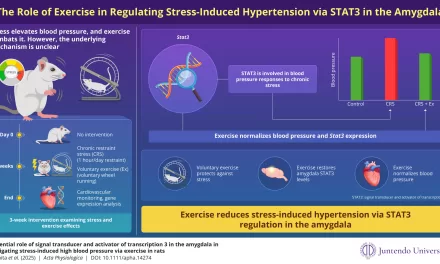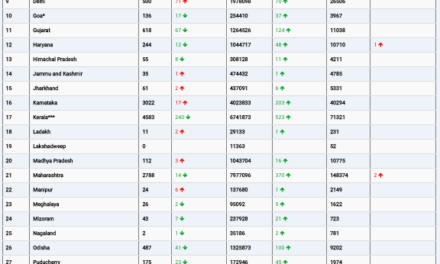
Date: January 18, 2024
A recent research review has shed light on the detrimental health effects associated with the consumption of energy drinks, particularly among individuals aged 21 and under. The review, published on January 15, adds to the growing body of evidence linking energy drink intake to various health concerns, including sleep disturbances and an increased risk of ADHD, anxiety, mood changes, and, in severe cases, heart complications.
Risks for the Youth: The systematic review, encompassing data from 57 studies conducted between January 2016 and July 2022, revealed troubling trends among young consumers of energy drinks. Notably, male teenagers were found to consume these beverages more frequently than their female counterparts. The research also established a connection between energy drink consumption and harmful behaviors such as smoking, alcohol, and drug use.
Beyond these associations, the study highlighted several adverse effects of energy drink consumption in both male and female teenagers. These effects encompassed short sleep duration, poor sleep quality, low academic performance, a higher risk of suicide, psychological distress, ADHD symptoms, depression, panic and anxiety disorders.
Caffeine Overload and Marketing Strategies: Energy drinks, often marketed towards young people, contain excessive amounts of caffeine, surpassing daily recommended doses for adults. With over 30% of teens aged 12–17 regularly consuming these beverages, concerns are mounting regarding the potential mental and physical health impacts, particularly when consumed in excess.
Experts point out that the appeal of energy drinks to teens may stem from various factors, such as performance enhancement on tests, social acceptance, or even as a coping mechanism.
Link to Sleep Disruption and Academic Performance: According to Erika Chiappini, PhD, a child and adolescent psychologist with the Johns Hopkins Children’s Center, the high caffeine content in energy drinks can disrupt sleep, impacting mood and cognitive functioning. Poor sleep quality is associated with difficulties in attention, emotion regulation, anxiety, and mood symptoms, ultimately affecting academic performance and interpersonal relationships.
Anna Scott, a licensed therapist specializing in teen mental health, observed an increase in energy drink consumption among students during her tenure as a high school counselor. She noted that energy drinks were perceived as a tool to cope with exhaustion and pressure, both from academic demands and societal expectations.
Symptoms of Excessive Energy Drink Consumption: The Centers for Disease Control and Prevention (CDC) have listed potential side effects of energy drink consumption, including dehydration, heart complications, anxiety, and insomnia. Signs that a child or teen may be negatively affected include a decrease in overnight sleep, changes in academic performance, relationships, and coping abilities.
Expert Recommendations: Health experts strongly recommend avoiding energy drinks, emphasizing their lack of nutritional value and the potential risks associated with their consumption. Instead, they encourage healthier beverage options such as water. For those consuming caffeine, moderation is key, and drinks with lower caffeine content are preferable, especially if consumed before lunch.
As the popularity of energy drinks continues to rise, health professionals underscore the importance of awareness and education to curb the potential health risks associated with their consumption among young people. Parents, educators, and healthcare providers are urged to play a proactive role in promoting healthier choices and emphasizing the significance of adequate sleep and hydration for overall well-being.











